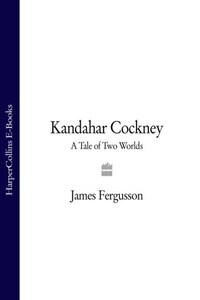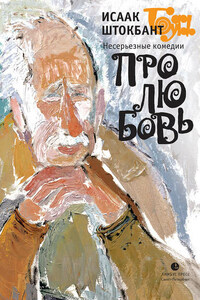From the reviews of Kandahar Cockney:
‘Funny, pacy, illuminating…it really is as good as everyone’s saying. I recommend it hugely’
JAMES DELINGPOLE, Mail on Sunday
‘Fergusson’s sensitivity to his themes and the congruity of prose and dialogue give Kandabar Cockney the flavour of a novel…a richly entertaining, artful slice of journalism that turns a potentially miserable subject into a penetrating comedy of cultural values’
WILL COHU, Daily Telegraph
‘A unique journey into the terrifying life of an asylum seeker in London…God knows, we need writers and such books to describe the desperate dispossessed who crawl to this island…a cracking story; his writing is clear and intimate’
YASMIN ALIBHAI-BROWN, Independent
‘Tender and entertaining, Kandahar Cockney manages to span some of the great divides of our age – between migrant and native, the developed and developing world, Islam and the West’
PHILIP MARSDEN, TLS
‘First-class…Fergusson always notices the right things, and describes them in a way that leaves a reviewer thinking “I wish I’d written that”’
MATTHEW LEEMING, Literary Review
‘A book which should be read by anyone who wants to know the meaning of modern exile’
SUSANNAH HERBERT, Sunday Telegraph
‘A moving and intelligent book. Culture-clash is an old theme: but few people have done it better, and fewer have taken such trouble to explore their own cities in order to find it’
Economist
The account that follows is a true story. However, although Mir supported this project from the start, he has also always wished to remain anonymous. For this and other reasons, including legal ones, names and some details have been changed.
The jury hadn’t deliberated for long enough. It was barely two hours since the judge had finished his summing-up and the court had risen for the lunchtime recess. The case was complex and serious. Surely they couldn’t have reached a verdict already? They had barely had time to digest their jury-room sandwiches. Lenora, the defence barrister, thought the Tannoy recall to the courtroom was probably due to some technical question they wanted to put to the judge. I’d had a chance to study the jurors over the previous week, and they seemed a responsible lot: six men and six women, eleven whites, one middle-class black in a poloneck. On the face of it you couldn’t ask for a better slice of citizenry. Two or three of them had taken copious notes during the trial. The oldest of them looked like an avuncular Guardian reader in his grey-collared cardigan and half-moon spectacles on a chain, a man who looked as though he had seen and got the point of Twelve Angry Men. We needed someone who could think for himself, an independent-minded liberal capable of countering the prejudices of the jury’s weaker members, someone who might object in principle to the judge’s one-sidedness. He looked like our Henry Fonda. With luck he might even be picked as the jury foreman. Surely such a man could not have missed the fact that in his summing-up the judge had spent a full hour on the prosecution’s case and just half an hour on the defence’s – could he?
There was little doubt that the trial had gone badly. Gulabuddin, diffident at the best of times, had performed so poorly in the dock that Lenora thought there must be a problem with the interpreter and had called for a replacement. The judge suspected this was just a ploy by the defence – a suspicion apparently confirmed when Gulabuddin’s answers continued to bear no relation to the questions put to him, questions that in the privacy of his lawyer’s chambers he had answered with the confidence of an innocent man. Nerves? An Afghan’s innate shame and shyness at talking about sex in public? It was hard to tell. Lenora worried that Gulabuddin had come across as morally dubious. The judge evidently thought so. I’d looked him up in Who’s Who and found him to be an Establishment man, a product of Harrow and Cambridge and a stalwart of the Law Commission, a respected body engaged in the reform of the law. He also seemed to be one of those clubland patricians with a kneejerk distrust of journalists of any kind. Even the prosecution counsel had privately observed to Lenora that he was very Old School. My stomach tightened at the memory of my own appearance as a character witness the day before. Like the BBC correspondent Lionel David I had been belittled, discredited, almost sneered at.














